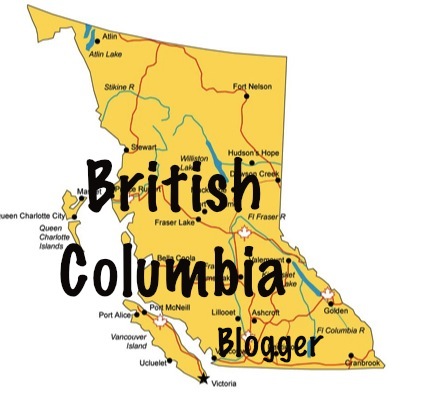Creativity. Wonder. Passion.
"Genius Hour is a precious time, loved by all my students. It is when they are allowed to develop their own inquiry question about whatever it is that they want to explore"
~from my first post about Genius Hour, June 2012.
I am also the co-author of The Genius Hour Guidebook: Fostering Passion, Wonder and Inquiry in the Classroom. Denise Krebs and I wrote this book, published by Routledge, to help teachers learn why and how to set up Genius Hour in their classrooms. You can learn more about the book on our companion site, www.geniushourguide.org, and you can order the book on Amazon.
I hope the index of Genius Hour blog posts/websites below is helpful!
Be sure to check out the hashtag, #geniushour, on Twitter. There's so much great stuff being posted there daily!
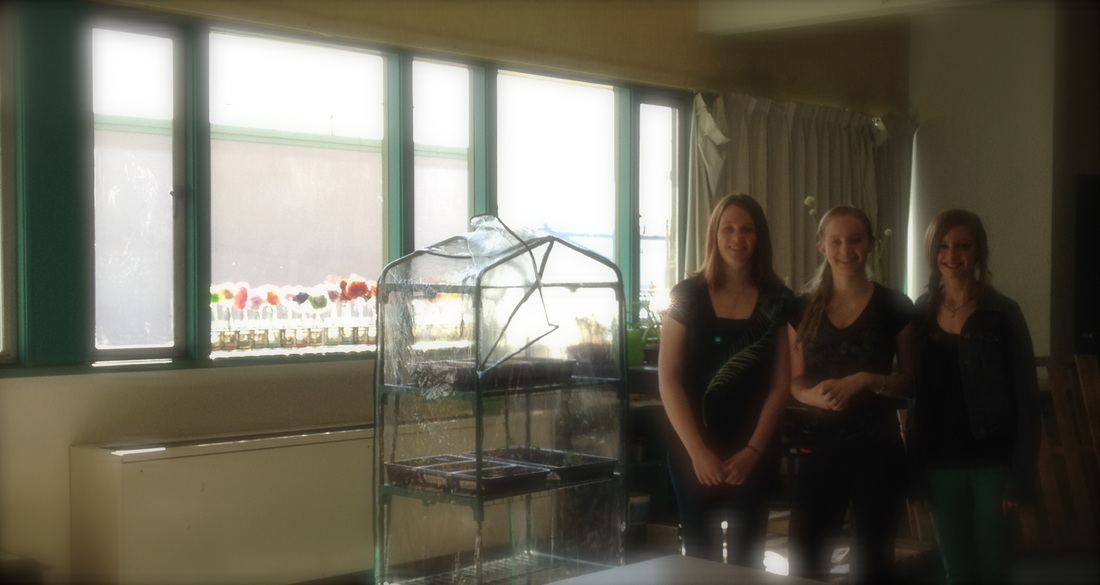
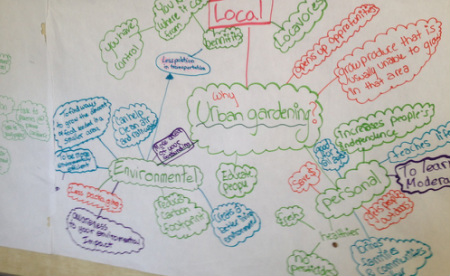
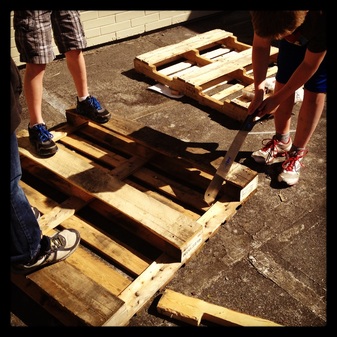
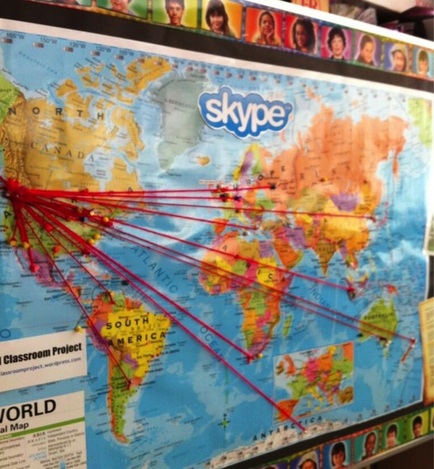
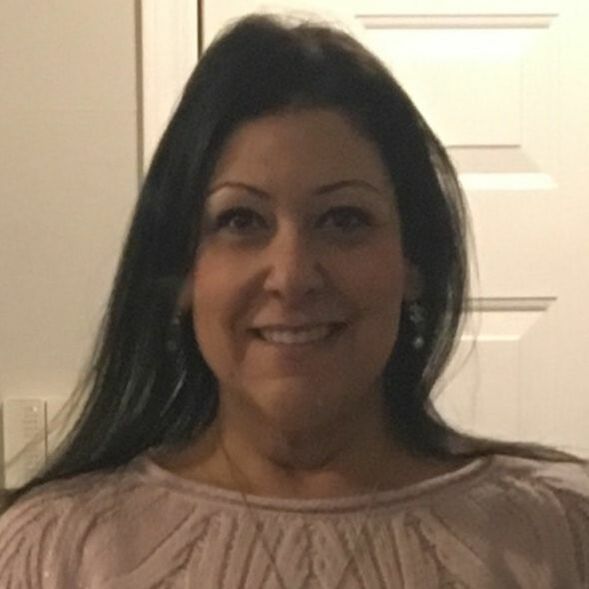
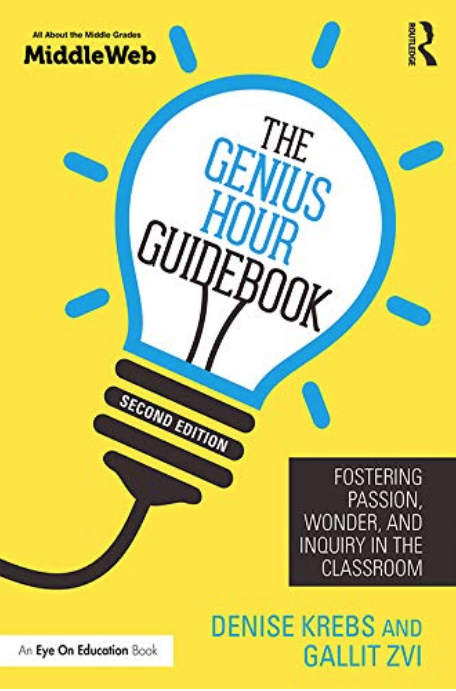
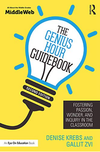
 RSS Feed
RSS Feed
